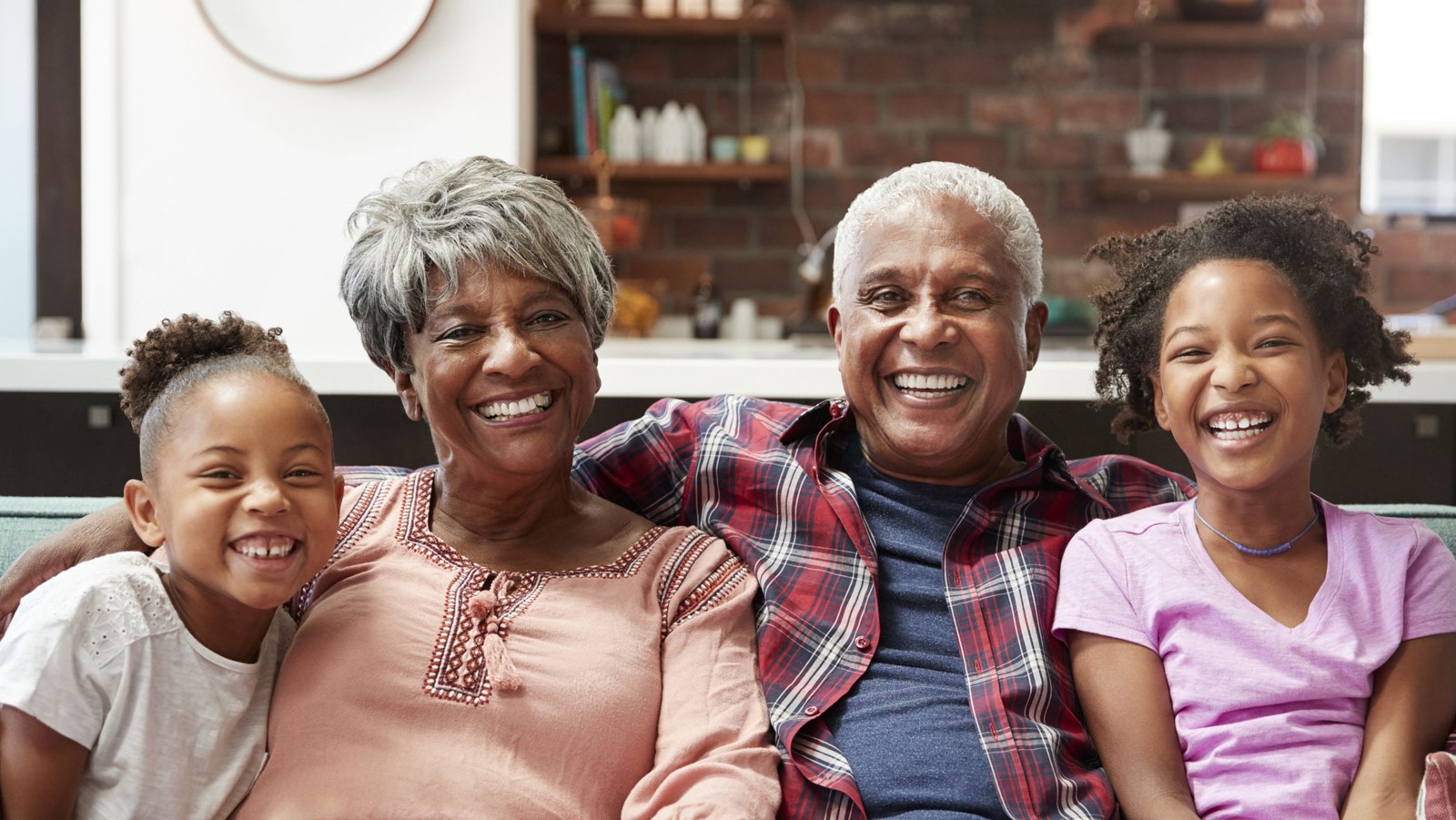I would suspect that for most, if not all readers of this website, BACP’s consistently proclaimed statement – ‘Counselling changes lives’ is a truism. Indeed, for many clients and practitioners, it is a claim so self-evident that it is hardly worth mentioning!
Having said this, I often note that when I make this statement to audiences of African, Caribbean or Asian people, the response is not as emphatically positive as might be expected. That is not to say that counselling or ‘needing to talk or needing support’ is not deemed as important to the communities. Indeed, the opposite is true – especially given the negative consequences of current societal pressures due to increasing racial inequalities and experiences of discrimination. The point is that Black. Asian and minority ethnic (BAME) communities are often least well served by the mental health and counselling professions. I view this being a consequence of what I term a ‘cultural dissonance’ between counselling professions and BME communities.
This presents a serious challenge for the profession especially given the increasing demographic of BAME and visible minorities. This is not a new issue, but it is one that has not been addressed seriously enough. It is now imperative that race is firmly placed on our agenda to ensure that it becomes part of mainstream thinking, learning and progress.
October is Black History Month – a period put aside for the celebration of historical and current achievements of black people and communities in the UK and throughout the world. It is therefore fitting that we mark the event through articles in our journals, features on our website and sponsorship of the BME Voices Talk Mental Health Conference 2018.
The October issue of Therapy Today predominantly features BAME practitioners in the field. They provide unique insights, perspectives and thought leadership on issues relating to counselling within our multi-racial, multi-cultural and diverse society. The edition is a must read for practitioners and decision makers and if seriously considered will enhance our ongoing debates about the effectiveness of counselling and how we deal with the issues facing our society from a social justice perspective.
Read, enjoy, give honest feedback and let’s keep race, diversity and social justice on the agenda.
David Weaver
President
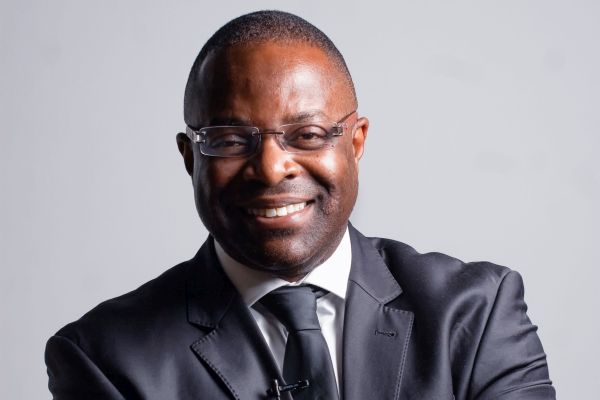
"It is now imperative that race is firmly placed on our agenda to ensure that it becomes part of mainstream thinking, learning and progress."
BACP President David Weaver
Read more ...
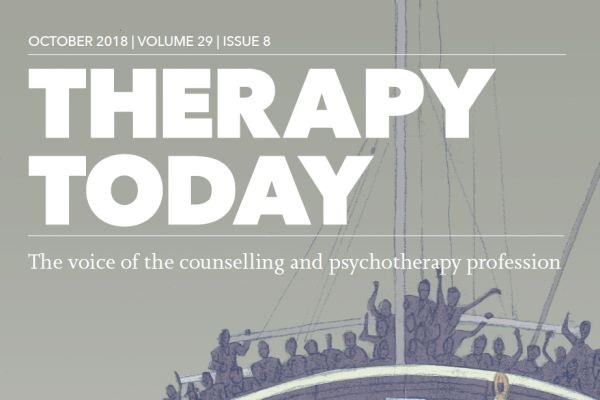
Why we need to talk about race
Free article: Catherine Jackson asks what is stopping us. Therapy Today, October 2018
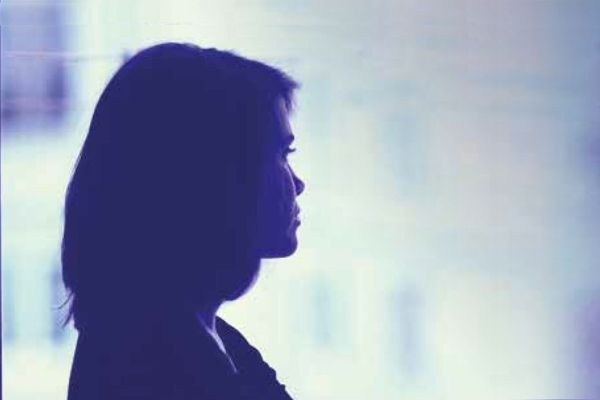
Supporting black British university students: Understanding students' experiences with peers and academic staff
Open article: Douglas Guiffrida, Oliver Boxell, Stephon Hamell, Ivonne Ponicsan and Rotimi Akinsete explore the experiences of black and minority ethnic students at British universities. University and College Counselling, September 2018
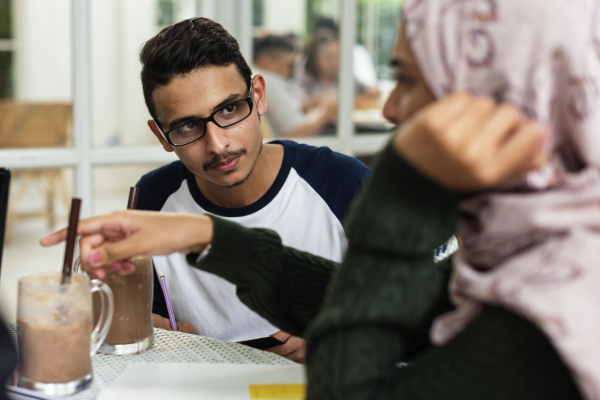
Stress and BME communities
BACP member Rav Sekhon looks at how world affairs may impact the stress levels of people living in British society, particularly those from black and minority ethnic (BME) communities.
